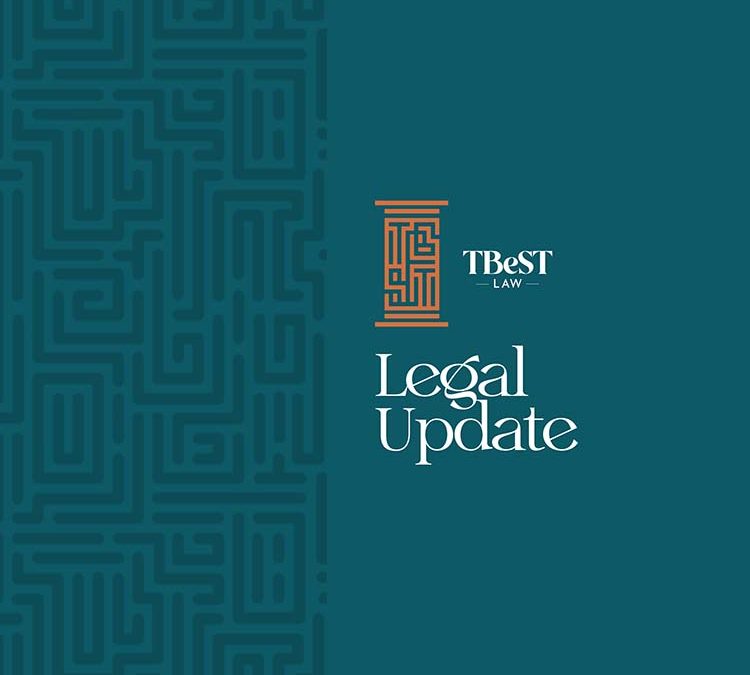Of Dogs, Humans and Security Cameras
Dr. Taddese Lencho
The general rule of tax deductibility is laid down in Article 22(1)(a) of the Federal Income Tax Proclamation of Ethiopia
… any expenditure to the extent necessarily incurred by the taxpayer during the year in deriving, securing, and maintaining amounts included in business income; ….
So much hangs on the phrase “to the extent necessarily incurred“.
Consider the following hypothetical examples:
– A Company hires security guards (Zebegna, Wardiyyaa) and pays the Security guards monthly salary;
– A Company purchases and installs security cameras and electric fences;
– A Company raises or purchases a dog and incurs expenses for the upkeep of a dog which is kept in the premises of the Company to protect Company property from theft and burglary.
Just as a Company records as tax deductible the salary of the security guards and the cost of acquisition and installation of security cameras, why shouldn’t a Company be allowed to record the cost of feeding the dog in calculating its corporate tax liability?
On the face of it, one would assume that all three hypothetical examples above served similar purposes, which is one of protecting company property from theft and burglary. In spite of the similarity of the purposes of the expenses, which of the “business” expenses is likely to be challenged by the Tax Authorities? You guessed it, the expense on the dog, although a dog has been known to protect property for as long as private property has been known in history, certainly for far older time than both human security guards and security cameras and electric fences. In terms of efficiency of costs, the cost of the upkeep of dogs is probably far cheaper than the alternatives. But does that matter?
In a recent case, a foreign-owned company doing business in Ethiopia recorded as deductible cost the expense for the feeding and upkeep of a dog, but Tax Authority auditors rejected dog food expense and assessed a corporate tax, interest and penalty against the Company. And the Tax Appeal Commission (“the Commission”) concurred with the Tax Authority. The Commission, probably struggling with what to make of dog expenses, gave a curious reason for rejecting the expense as tax deductible. The reason the Commission gave for rejecting the expense on the dog by the Company was that the Company did not register the dog in its own name. The reasoning of the Commission obviously begs the question: even if the Company wanted to register the dog, would it be able to? Where in the Government offices in Ethiopia do you go to register a dog? Is it not the unstated reason (that it is unusual for businesses in Ethiopia to record dog food expenses as deductible) that swayed the decision of the Commission against the tax deductibility of dog food expense?
As humorous as the dog food expense might seem, the case raises a fundamental question about who decides what a “necessary expense” is for purposes of determining tax deductibility. Is it the subjective assessment of tax auditors that should decide deductibility, or is it possible to find an objective test out there, which, regardless of the unusualness of the expense, allows taxpayers to obtain legitimate business expense deductions? That is a million Birr question.


